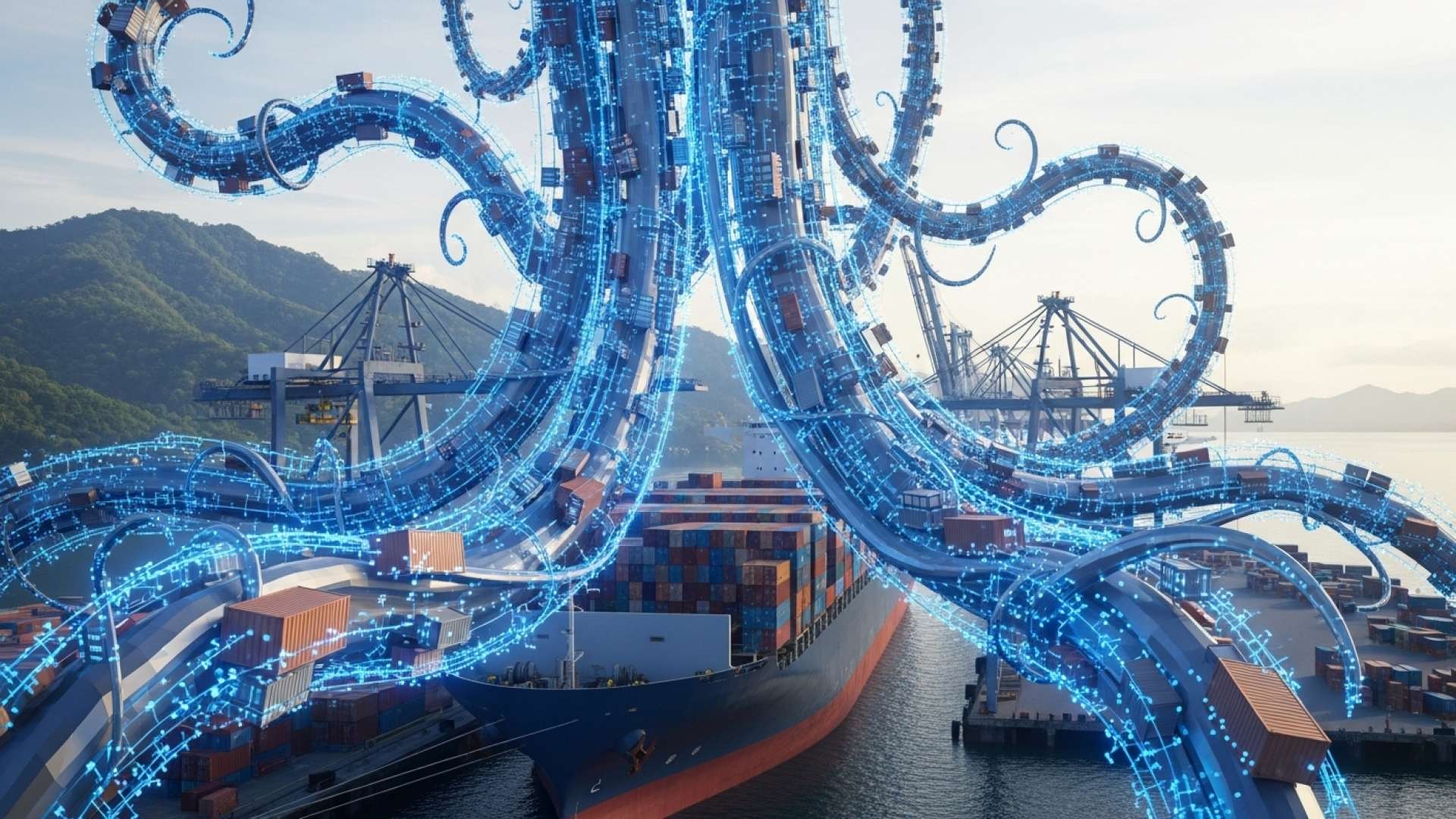Puntarenas, Costa Rica — PUNTARENAS – Costa Rica’s business community is sounding a critical alarm over the future of Puerto Caldera, the nation’s principal Pacific port. The Chamber of Commerce of Costa Rica (CCCR) has issued an urgent plea to the Costa Rican Institute of Pacific Ports (INCOP) to immediately establish a contingency plan, warning of a potential operational crisis as the port’s current concession contract nears its August 2026 expiration.
The growing anxiety stems from significant and repeated delays in the public bidding process to modernize the crucial maritime terminal. The timeline has been further compressed by a new objection filed with the Comptroller General of the Republic (CGR) by one of the companies interested in the concession. This legal challenge pertains to the bidding conditions and adds another layer of uncertainty to an already precarious schedule.
To delve into the complex legal and commercial framework governing Puerto Caldera, TicosLand.com sought the analysis of Lic. Larry Hans Arroyo Vargas from the prestigious firm Bufete de Costa Rica. As an expert in administrative law and public infrastructure concessions, his perspective is crucial for understanding the challenges and opportunities facing the country’s main Pacific port.
The discussion surrounding Puerto Caldera is fundamentally a test of our country’s ability to manage strategic public assets. Beyond the operational bottlenecks, the core issue lies in the terms of the concession and the state’s capacity to enforce clauses that guarantee investment, modernization, and efficiency. We must move from a reactive to a proactive stance, ensuring that the legal framework for the port not only serves current commercial needs but also secures Costa Rica’s competitiveness for decades to come.
Lic. Larry Hans Arroyo Vargas, Attorney at Law, Bufete de Costa Rica
The expert’s analysis aptly elevates the conversation beyond immediate logistical concerns to the core issue of strategic national oversight. The call for a proactive, forward-looking legal framework is indeed the central challenge in ensuring Puerto Caldera becomes a pillar of Costa Rica’s future economic strength. We sincerely thank Lic. Larry Hans Arroyo Vargas for his clarifying and essential perspective on this critical matter.
The CGR now has a legal deadline of November 6, 2025, to resolve this latest objection. This development significantly jeopardizes the possibility of awarding a new contract and ensuring a smooth transition before the current operator’s term concludes. A failure to do so could disrupt the flow of goods through a port vital to the national economy, impacting both imports and exports.
Arturo Rosabal, President of the CCCR, expressed profound concern over the lack of a backup strategy, noting that the business sector has been advocating for one for years. He highlighted the administration’s inaction despite the clear and present risks to logistical stability.
For more than two years, the Chamber has asked the authorities to establish a contingency plan. However, to date, this has not materialized. Therefore, we urge INCOP to present, with the utmost urgency, an action plan that provides certainty that the port’s operation will continue from August 2026 onward.
Arturo Rosabal, President of the CCCR
The warnings are not just external. An internal report from INCOP’s own Audit Office, dated October 3rd, alerted the institution’s board of directors to the “real risks of delay” in the bidding process. The audit pointedly noted that the board had not yet defined a contingency plan to manage a potential extension of the existing contracts, leaving the port’s future operations exposed to significant uncertainty.
As the primary gateway on the Pacific coast, Puerto Caldera handles a substantial volume of Costa Rica’s international trade, including containerized cargo, bulk grains, and vehicles. Any interruption or slowdown in its operations could have cascading effects on the national supply chain, leading to increased costs for businesses and consumers, and potentially damaging the country’s reputation in global commerce.
While acknowledging the efforts made by INCOP to move the bidding process forward, the CCCR insists that good intentions are no longer sufficient. The history of repeated objections and setbacks in the tender necessitates a robust and transparent alternative plan to guarantee operational continuity under any circumstances.
From the Chamber of Commerce, we recognize INCOP’s efforts to streamline the bidding process, which must be maintained with the same commitment and momentum. Nevertheless, given the repeated objections and delays the tender has faced, we consider it essential to have an alternative operational continuity plan that provides certainty to the private sector and the country that the administration is prepared to face any scenario.
Arturo Rosabal, President of the CCCR
With the clock ticking down, all eyes are on INCOP to produce a viable strategy that can reassure the market and the nation. The upcoming resolution from the CGR will be a critical inflection point, but for the private sector, the absence of a Plan B is a gamble that Costa Rica cannot afford to take with one of its most important economic assets.
For further information, visit camaradecomercio.co.cr
About Cámara de Comercio de Costa Rica (CCCR):
The Chamber of Commerce of Costa Rica is a private, non-profit organization that represents and defends the interests of the Costa Rican business sector. It promotes free enterprise, economic development, and legal certainty to foster a favorable business climate in the country. The CCCR actively participates in public policy discussions and provides services and support to its members across various industries.
For further information, visit incop.go.cr
About Instituto Costarricense de Puertos del Pacífico (INCOP):
The Costa Rican Institute of Pacific Ports (INCOP) is the autonomous government entity responsible for the administration, development, and oversight of the ports on Costa Rica’s Pacific coast, including the major port of Caldera. Its mission is to ensure efficient and competitive port operations to facilitate the country’s international trade and economic growth.
For further information, visit cgr.go.cr
About Contraloría General de la República (CGR):
The Comptroller General of the Republic of Costa Rica is an auxiliary institution of the Legislative Assembly responsible for overseeing the public treasury and ensuring the proper use of public funds. It acts as the country’s supreme audit institution, reviewing public contracts, budgets, and the legality of expenditures by government bodies to promote transparency and accountability.
For further information, visit bufetedecostarica.com
About Bufete de Costa Rica:
Bufete de Costa Rica is a respected law firm built upon a bedrock of integrity and a relentless pursuit of excellence. Drawing on its extensive experience guiding clients through complex legal landscapes, the firm consistently pioneers innovative solutions. Its mission extends beyond traditional practice, driven by a profound commitment to demystifying the law and empowering the community with vital knowledge, ultimately fostering a more just and informed society.









